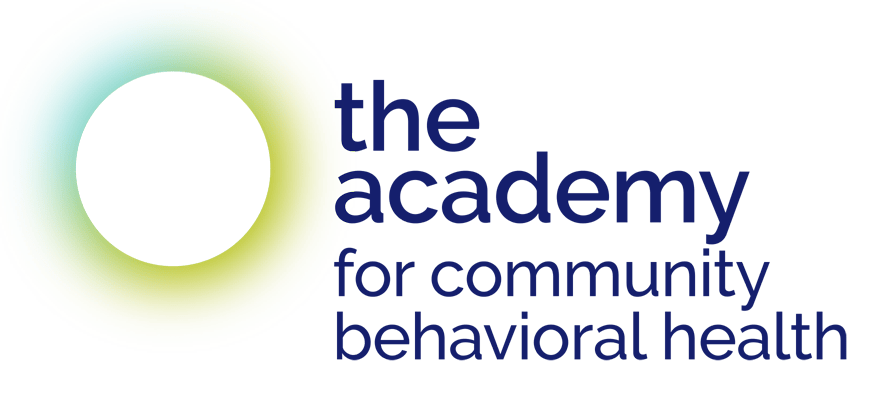All Scheduled Dates
None scheduled at this time
Course Type
Brief Learning Series
Course Length
75 minutes
QUESTIONS?
Email [email protected]
ATTENDANCE POLICY
Learners who complete this course will receive a certificate of completion from the Academy.
Learners who complete all five courses in the Series: Tools for Coping with Stress and Trauma will receive a certificate of completion for the series.
Journaling to Manage Stress and Build Resilience
DESCRIPTION
Feelings of anxiety and depression are very common during times of adversity and uncertainty. Although these feelings can seem overwhelming, simple practices can help reduce these emotions and give us a sense of perspective. One method that has been shown to be especially useful is journaling. This presentation will review the evidence around journaling to support wellbeing and ways that it can be used to turn distressing emotions into powerful stories.
COURSE OBJECTIVES
Participants will:
- Review impact of journaling on mental health and wellness
- Discuss ways to implement journaling with others and as self-care
LEARNING PATH
This course is part of a Series: Tools for Coping with Stress and Trauma. Learners are invited to register for one or more of the five courses in this series:
- Managing Stress and Building Resilience
- Managing Perceptions of Control
- Journaling to Manage Stress and Build Resilience
- Chronic Pain and Mental Health
- Preventing and Managing PTSD
Those who complete all five courses will receive a certificate of completion for the series.
WHAT TO EXPECT
This course will include presentation as well as opportunities to participate and discuss the tools presented.
ELIGIBILITY
This course is open to staff of any non-profit community organization or government agency that delivers social services in NYC.
INSTRUCTORS

